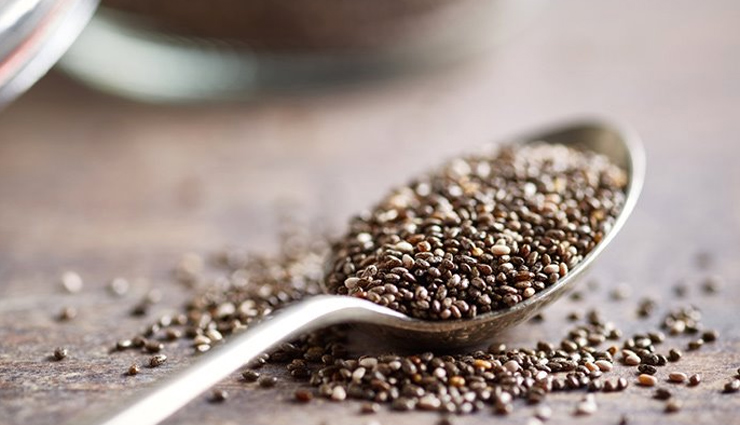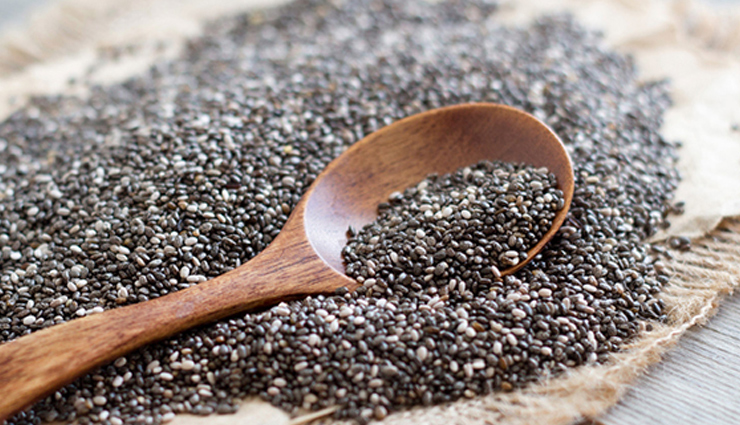4 Side Effects of Chia Seed You Were Not Aware About


Constipation, bloating, and flatulence is the most common chia seeds side effects that affect the gut. Neither condition is particularly dangerous, especially if the problem is addressed immediately. In most cases, it can be solved by cooking the seeds more thoroughly. Note that this is a very common reaction that occurs when you eat high-fiber foods.
* Allergy
An allergic reaction to chia seeds is extremely rare, but it is possible. If you are predisposed to allergies, you should be very careful when trying this food. Please note that there are some recorded cases where these seeds cross-reacted with other foods. Oregano, sesame, mustard, and thyme, in particular, might trigger a reaction.
Some chia seeds side effects can actually benefit people who suffer from hypertension. However, others may suffer because of it. Chia seeds act as a blood thinner. This leads to lowered blood pressure and may result in bleeding.
* Blood sugar control drugs overstimulation
On their own, chia seeds can help maintain normal blood sugar levels. However, their effect on blood sugar is so significant, it might conflict with medications that must control it. Always consult a healthcare professional before eating chia seeds if you are diagnosed with diabetes.